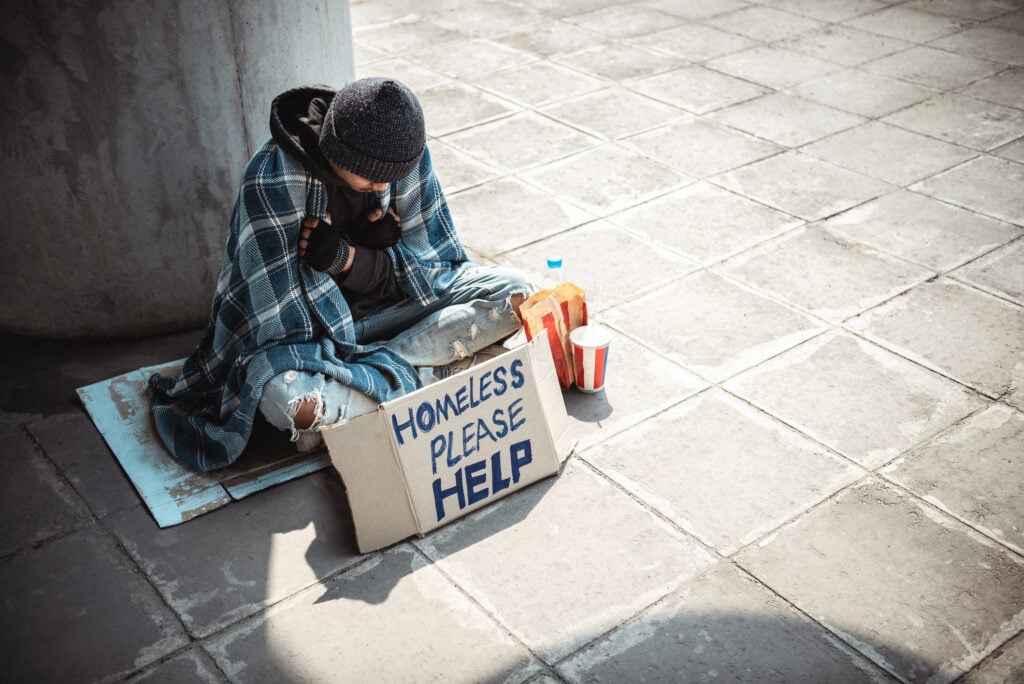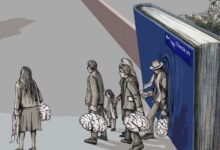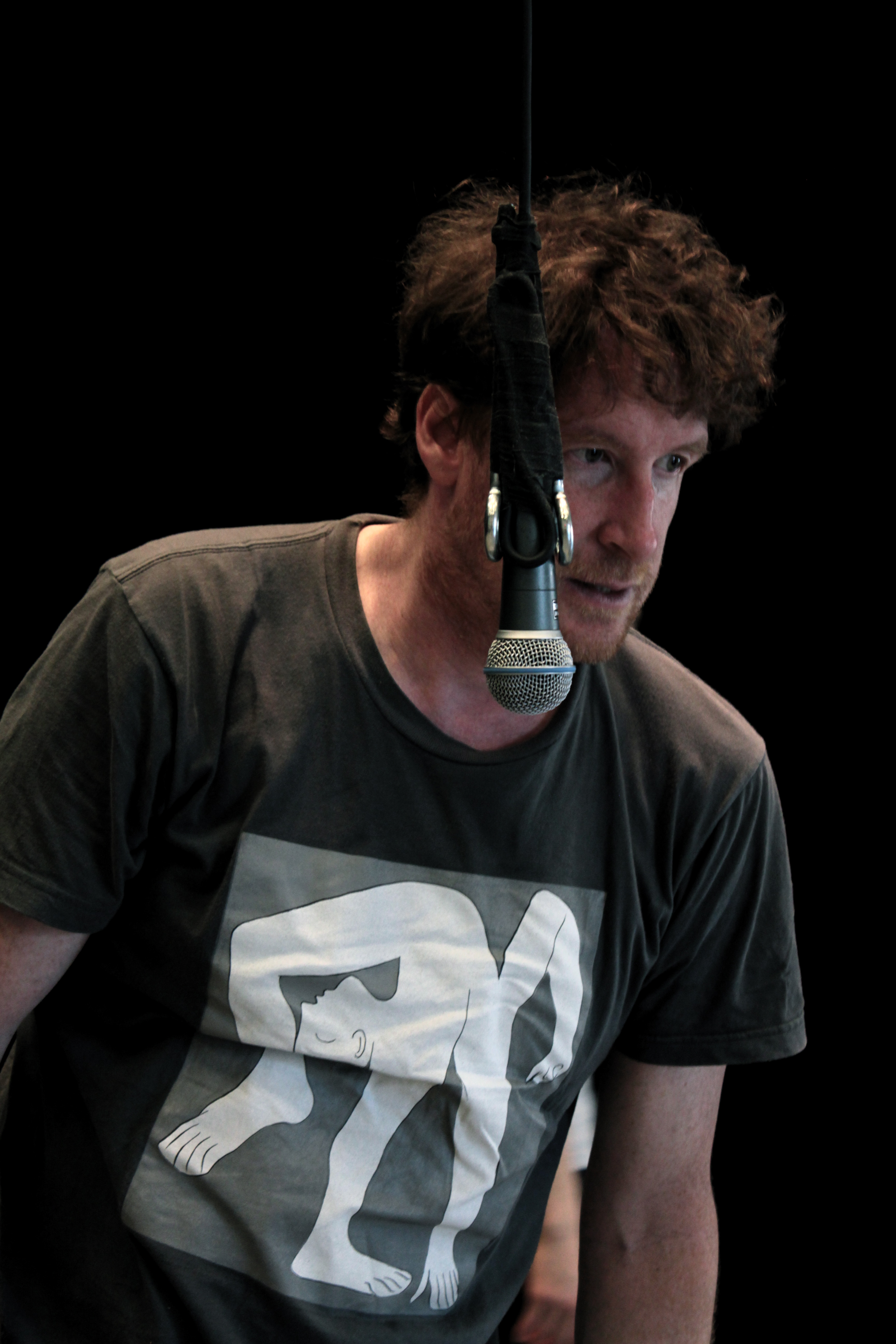
Unexpressed Emotions
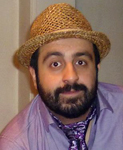
پویان طباطبایی
Pooyan Tabatabaei
Toronto – March 2014
- Peter Farbridge is a Montreal based actor and writer. As a founding member of the Modern Times Stage Company, Peter has appeared in the majority of the productions, including the title roles in Macbeth and Hamlet. He has won several Toronto Dora awards for his translation-adaptations of Persian plays with artistic director Soheil Parsa. Since graduating from York University’s theatre program in 1989 Peter has worked as an actor in film, TV and theatre in Montreal and Toronto both in English and in French. Peter also writes for theatre and for video, and has directed several social documentary films. He is currently developing an devised creation called ‘Try’ with Montreal performance artist Chad Dembski. Peter has collaborated in the “Forgiveness” project as a Writer/Performer.
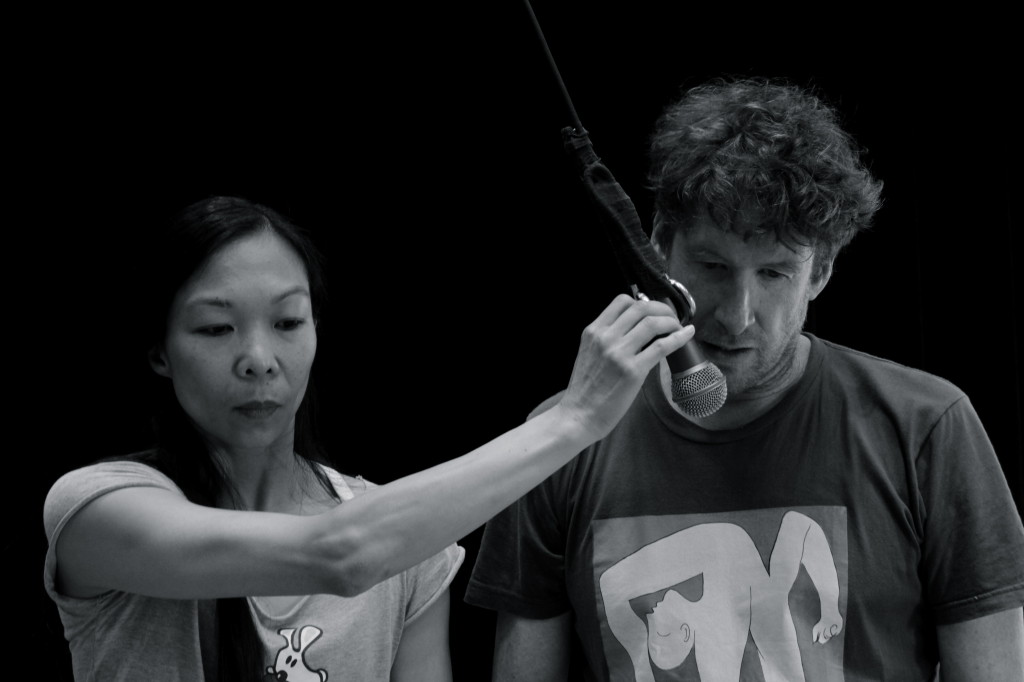
Forgiveness
As a writer and Actor you have been with Soheil from the beginning of the Modern Times Stage Company. Based on what I saw today, I think there was a significant shift in storytelling and even performance in “Forgivness”. What’s your thought on this shift?
I think all Modern Times shows distinguish themselves from each other stylistically in one way or another. Sometimes we do a classic one year, then a Persian fable the next, and they bear little relationship. For example, ‘Hallaj’ and ‘The Lesson’ were quite different in playing style. But it is true that Forgiveness represents an important departure, another step in terms of our creation process, performance style and writing. To embrace the subject of forgiveness, an octopus of a theme, we needed to let go of what we knew and embrace a new approach involving dance, direct audience address, and various other post-dramaturgical devices. By combining forces with other companies with different artistic processes, we were able to build a unique creative process that serves the theme. For us, there was no other way to approach the subject matter to do it justice. One narrative or stylistic approach would never have been enough, in our view.
If you agree with me on such a shift, when it happened? Was it in the process of writing or it happened during the rehearsals?
It happened from the germination of the project back in 2009, when Soheil and I discussed the possibility of a project on forgiveness following a trip to Bosnia and Herzegovina. But the shift you talk about evolved organically with the introduction of the various artists during the process. In fact, the play–if that is the right word to describe it–was written by the process as much as during the process. It is impossible to distinguish which led the other, and that is what was so exciting and terrifying. We never knew what we had, or if it would work.
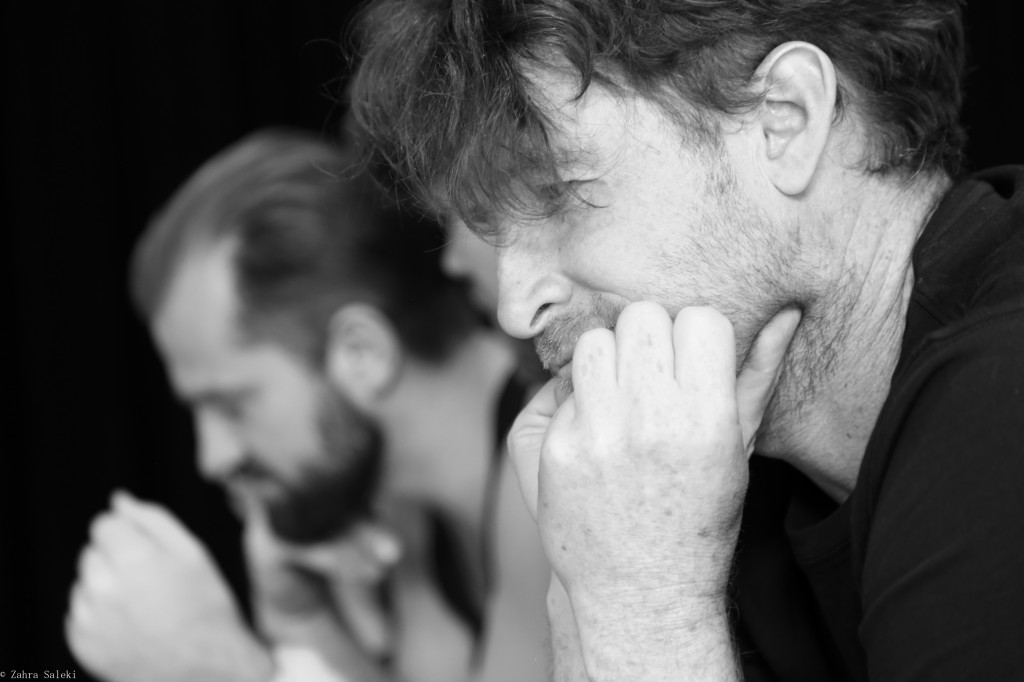
Forgiveness
How much personal references and experiences involved in this project?
Almost everything that is written in the play is fiction, although there is a short section of real personal confessions that are deliberately fragmented and unfinished. But as writing often comes from personal experiences transformed into narratives, we can say that the issues dealt with in the play are at times very personal for all the performers. For example, dancer Andrea Nann wonderfully interprets the Cambodian journalist who commits suicide from the guilt of the crimes committed by her family. That story bears no relation to Andrea’s life, but through her exploration of her own professional trip to Cambodia several years ago, where she internalized so much of the pathos and beauty of the people, she has found a way to that character that is incredibly visceral and mesmerizing. It’s not by accident that we set that story in Cambodia. Such is the role of the artists in this show–we are personal and non-personal simultaneously.
On the subject of forgiveness; what’s your thoughts on the relation between forgive and forget?
I am fascinated by the concept of timescale in relationship to forgiveness. I want to better understand the significance of how a person or a nation can forget a pain from the past. Will German kids feel a sense of shame about Hitler in 500 years? Perhaps they will have the memory of it from history books, but I doubt any of them will feel personally responsible as Germans, as some German youth I have spoken to still do today. Eventually, everything passes– it’s just a question of human timescale, which compared with the geological one, is ridiculously short. So why not forgive ourselves and others quicker, and simply anticipate what is already preordained? Perhaps we should never forget that something bad happened because we have a duty to protect ourselves against the possibility of replication of a negative event. We also have a duty to protect ourselves as individuals, nations and cultures from robbing ourselves of peace of mind. It is especially pertinent when you consider how others manipulate our pain in order to get us to do what they want.
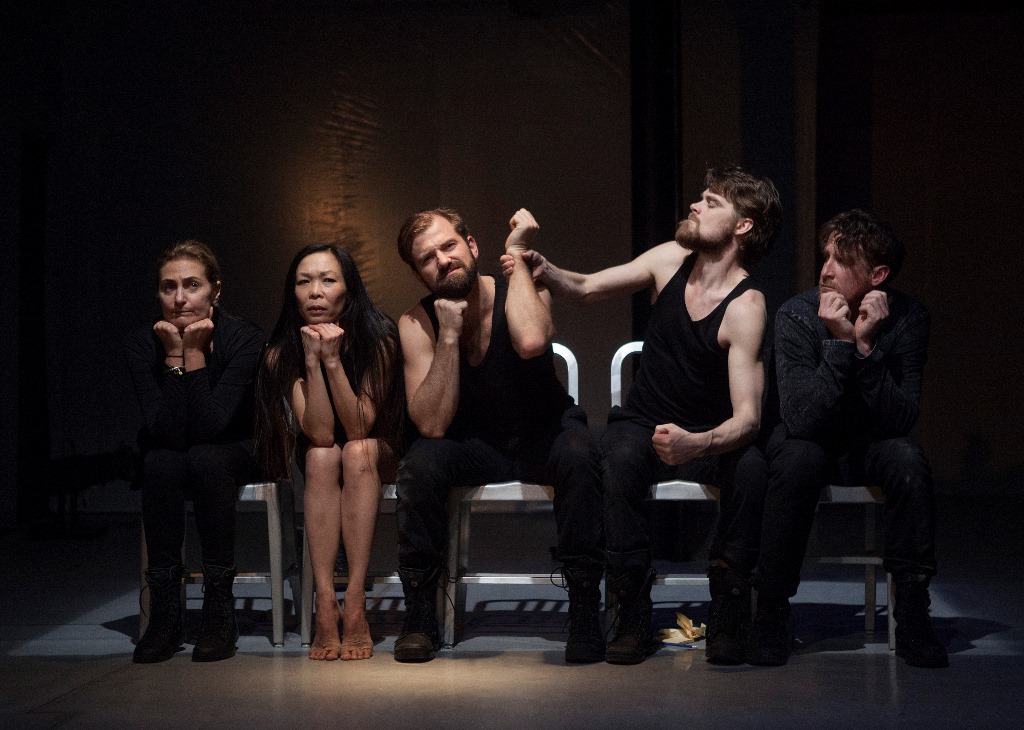
What’s the impact of this project “Forgiveness” in your life? Or how do you apply forgiveness in your personal life these days?
I am still no better at forgiving than the average guy. There are things that lock me in the past that happened decades ago, some wrongs I did, and others that were done to me. I can say that this project has given me a greater vocabulary to be aware of how these events function inside me, and how they hold me back from living an authentic life. In this sense, I am more engaged in a process of forgiveness than I was before beginning the project.
In “Forgiveness” you have played characters which they never had a chance to finish their stories and explain themselves to either their lovers or child. In the real life, such misunderstandings, where they come from? Is it related to the background of the person, Family roots or their culture? What you think?
One of life’s greatest recurrent tragedies for me is unexpressed emotions, narratives that remain trapped inside us, not being able to say what we need to say in our hearts in order to allow forgiveness to happen for ourselves or for others. In the writing that I contributed to the piece, it was important for me to share with the audience this thought. This also relates to the concept of confession in the play— “to give up the secrets that haunt us”. It takes enormous courage for us to be truthful in our lives with ourselves and with others. There is no relationship to personality, family or culture for me. This is a shared human experience, the challenge and responsibility of being an animal with a sense of ‘Me’, the only one for the moment that exists in the universe who is creating so much pain and so much beauty simultaneously out of the experience of consciousness.
From Micro Perspective to Macro Perspective\ iInterview with Jannik ElkærNo borders or flags, just one human race/ Interview with Stavroula Logothettis
هنر به انقلاب منتهی نمی شود/ گفتگو با سهیل پارسا پنهان نمی کنم/ محمد یعقوبی اولین سفر سندباد…/ ساسان قهرمان جنون تجربه/ سیاوش شعبانپور


